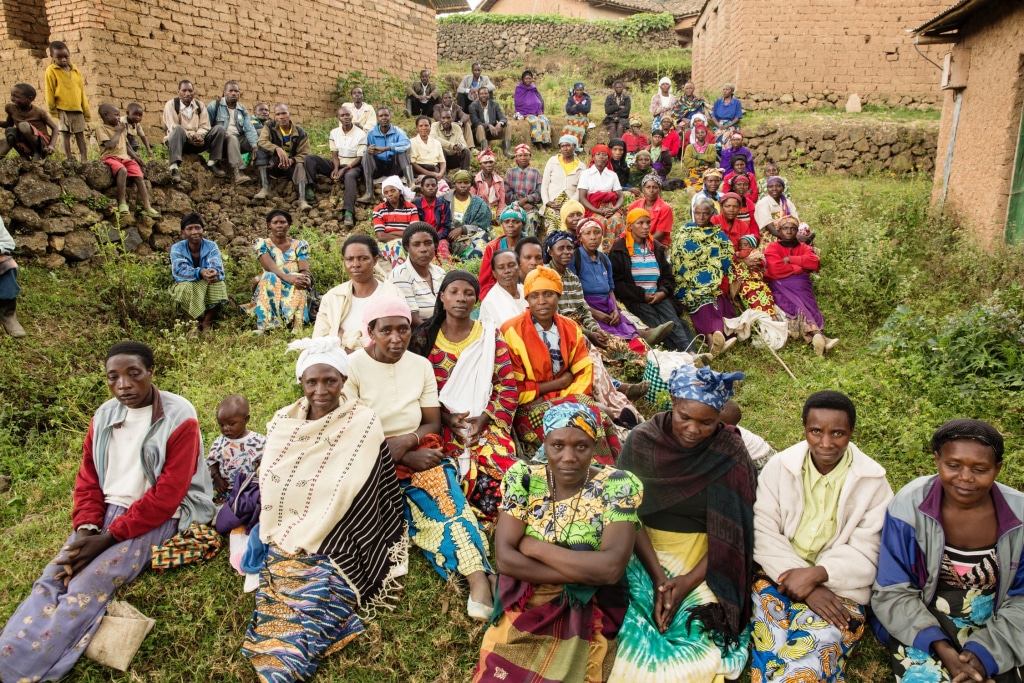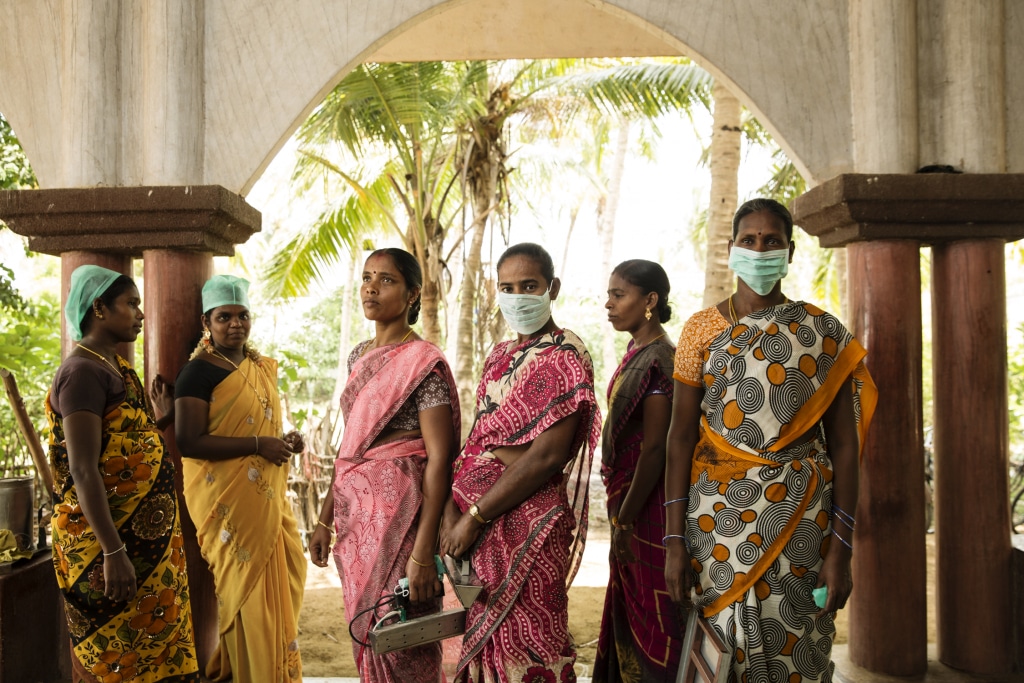47 million women and girls to fall below poverty line due to COVID pandemic
According to a report released earlier this month by U.N. Women and the United Nations Development Program (UNDP), the pandemic is affecting, albeit unequally, all groups of people regardless of age, gender or nationality. In total, as many as 96 million people could be pushed into extreme poverty by 2021. The pandemic will only further increase regional disparities, with the largest rises in extreme poverty to occur in Central and Southern Asia and sub-Saharan Africa, two regions that already concentrates 87% of the extreme poor in the world.
Women, especially those of reproductive age, will however be disproportionately affected by the pandemic and its economic fallout.
According to the projections carried out by the Pardee Centre for International Futures at the University of Denver, 47 million additional women and girls will be pushed below the poverty line by the COVID-19 pandemic, marking an increase of more than 9% of the female poverty rate between 2019 and 2021 (pre-pandemic projections had forecast a 2.7% decrease over the same period of time).
This should bring the total number of women and girls living with less than $1.90 a day to 425 million. By 2021, there will be 118 women living in poverty for every 100 men, a ratio projected to rise to 121/100 by the end of the decade.

The figures are not expected to drop back to pre-pandemic levels before 2030, marking a dramatic set-back in decades of efforts in the fight against poverty and empowering of local communities.
Pandemic exposes and exacerbates gender inequalities
Although not the first, this is one of the most thoroughly documented studies looking in details at how the COVID-19 pandemic has exposed and exacerbated pre-existing, gender-based inequalities.
From the purely economic standpoint, women are much more likely to lose their job or their source of income, and less likely to have been able to save money or to be covered by even the most basic social protection measures that could have helped cushion the blow. Many of the hardest-hit sectors are, furthermore, highly feminized, including the accommodation, hospitality, food service jobs and domestic services.
Gender-based inequalities exposed by the pandemic are manifold, from a rise in domestic violence due to lockdown measures to women having to shoulder the burden of unpaid family care and domestic work. In some countries, initial data also suggest a tragically steep rise in maternal mortality in developing countries, whose weak health services have been unable to cope with the added strain brought by coronavirus outbreaks.

While kept on the side-lines of recovery efforts – including the nearly 750 million women who work in the informal economy – women stand on the frontline of the fight against the global public health emergency, accounting for an estimated 70% of health and social care workforce globally. Although only preliminary, initial figures show a staggering gender inequality in that area, with the infection rate of female healthcare workers up to three times higher than among their male counterparts in some countries.
Swift action is needed not to leave vulnerable women on the side-lines
“The evidence we have here of multiple inequalities is critical to drive swift, restorative policy action that puts women at the heart of the pandemic recovery”, argues UN Women executive director Phumzile Mlambo-Ngcuka.
Although the report paints a bleak picture, the figures presented here are only projections. They are, however, becoming a reality with every day that goes by without swift and decisive action by the international community to support the people most at risk of falling behind. As also advocated by the authors of the report, the sound implementation of strategies aimed at improving access to education and healthcare, family planning, equal pay and social benefits for women can lift tens of millions of women and girls out of poverty in the next few years. The pandemic cannot be used as an excuse to postpone these measures, but should serve as a wake-up call to accelerate our efforts in that field.
